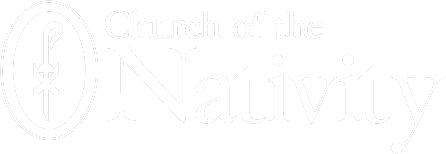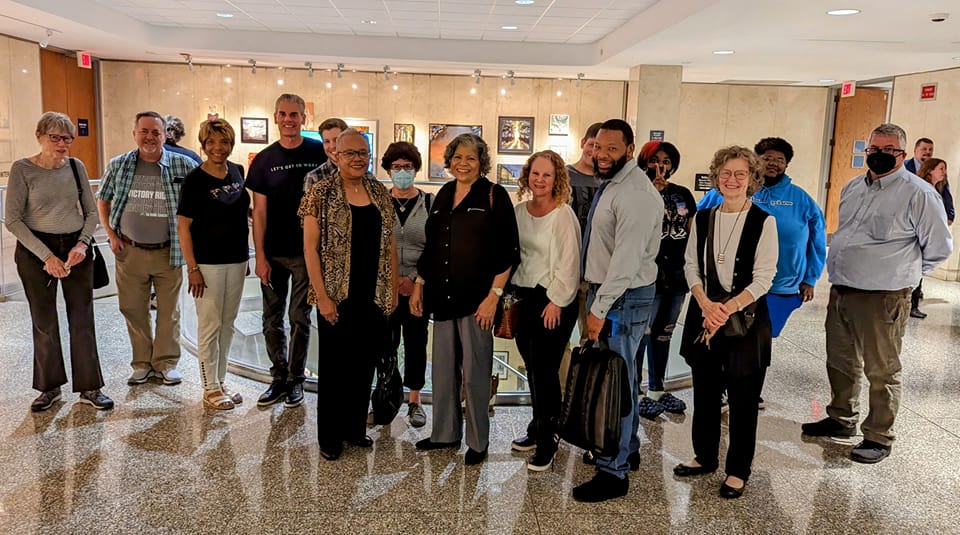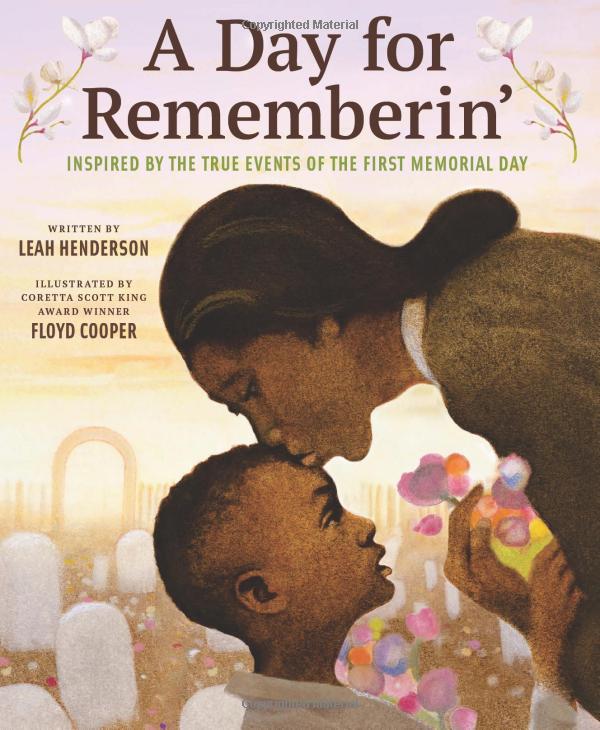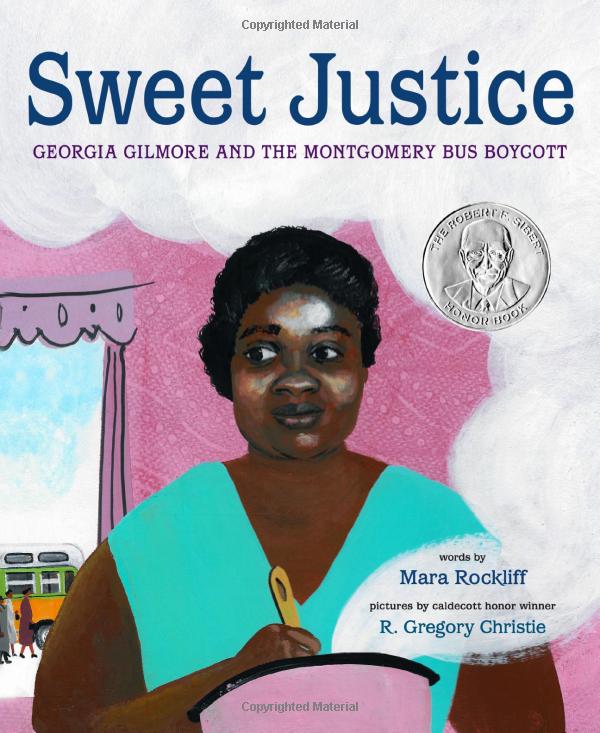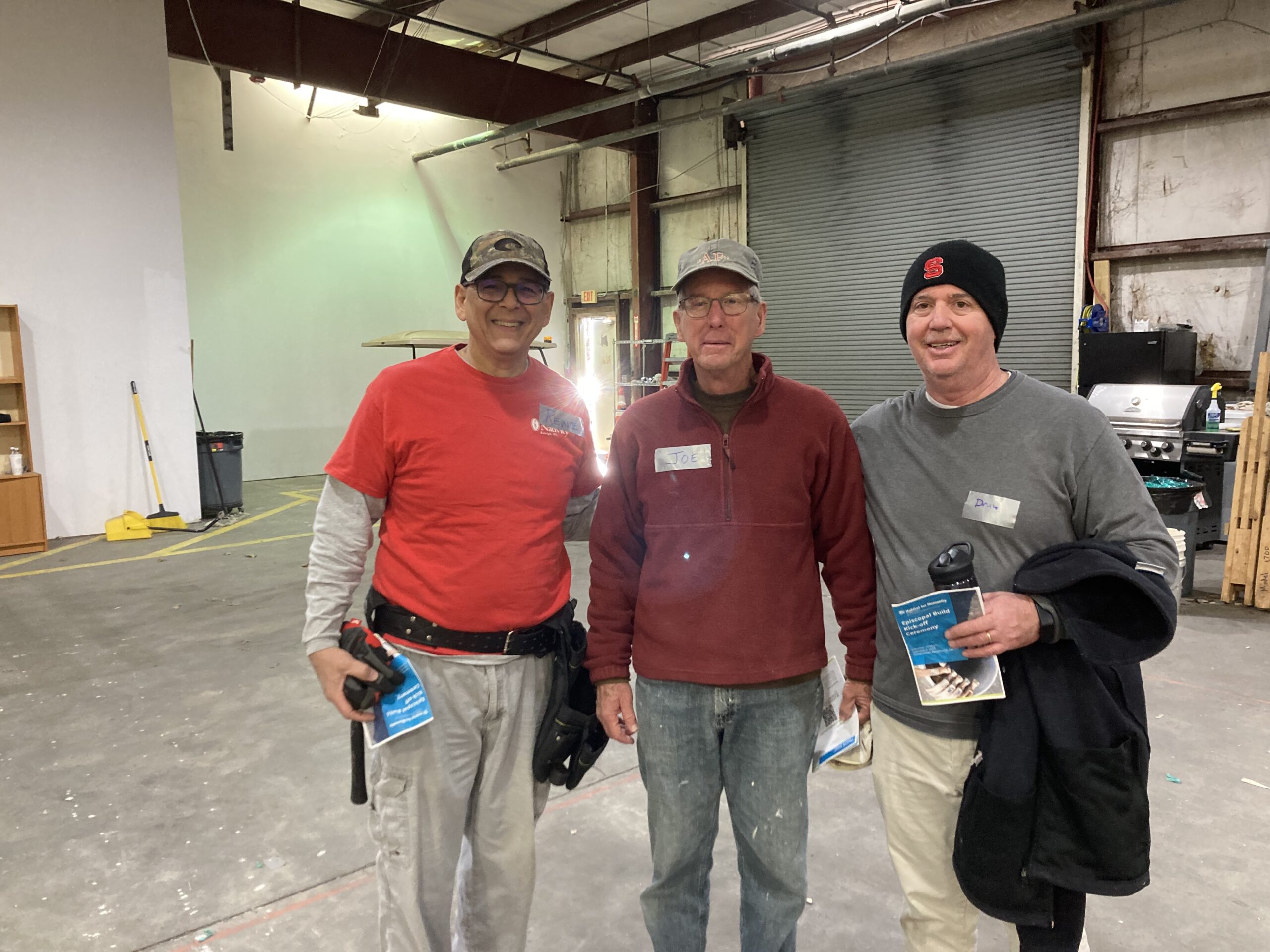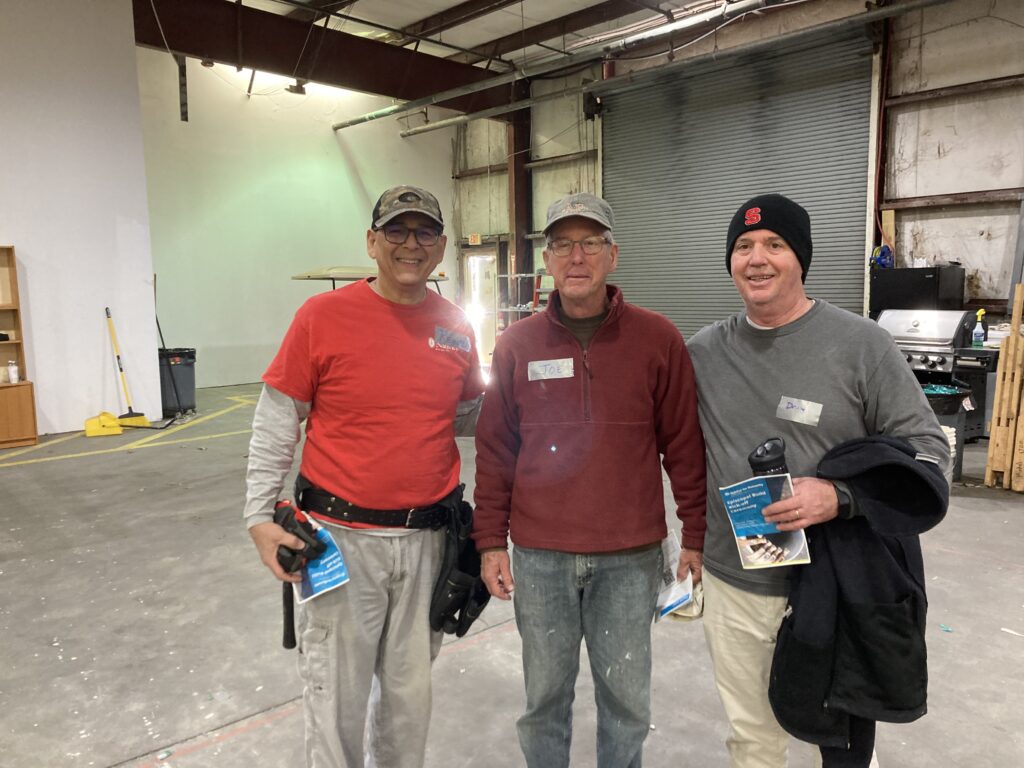Social Justice at Nativity
Nativity’s Social Justice Committee shares the following announcements, events and recommended resources to the Nativity community as we continue our pursuit of racial justice and reconciliation.
Announcements & Events
This month’s Social Justice listing of opportunities in our area includes the end of Pride month events (although Pride never ends!), African American arts opportunities, our own Episcopal festival with focuses on justice and advocacy, a different way to start off your July 4th holiday, and as always, the Black Farmer’s market that runs through the growing season! Supporting marginalized communities in our day-to-day lives and understanding their experiences really matters. Thanks for reading!
Out! Raleigh Pride Festival | Saturday, June 24 | 11 am-6 pm | Fayetteville Street, downtown Raleigh | Free | Take the family to enjoy this inclusive festival featuring live entertainment, local vendors and artists, food, a KidsZone, and a beer garden in support of the LGBT Center of Raleigh.
Pride Comedy Night | Wednesday, June 28 | 7:30-11 pm| Watts & Ward, 200 S. Blount St., Raleigh | $15-$20 | Some of NC’s funniest queer comics, like Tyler Deese and Steph Stigma, will take the stage.
North Carolina Courage vs. Houston Dash | Saturday, July 1 | 7:30 pm| WakeMed Soccer Park, 101 Soccer Park Dr., Cary | $15-$150 | Celebrate at this Pride-themed game.
2023 Frederick Douglass Community Reading | Tuesday, July 4 | 10-11:30 am | 5925 Jock Road, Bahama, NC 27503 (just north of Durham) | Bring a chair or blanket to sit on the grounds. The event will be outdoors, with some walking over grass and gravel. This free event will last about 1 hour, with the option to tour the original slave dwellings at Horton Grove available afterwards. | Commemorate Independence Day in a different way with a reading of Frederick Douglass’ powerful Fourth of July address, “What to the Slave is the Fourth of July.” This is a participatory community reading. Every year, 60 volunteers sign up to read passages from this speech, in front of the slave dwellings at Horton Grove. You may sign up as a reader when you arrive. Copies of the speech will be provided to all attendees. Douglass delivered this powerful abolitionist speech on July 5, 1852 at an Independence Day celebration in Rochester, New York. Douglass’ speech remains one of the most famous abolitionist texts in U.S. history. The speech resonates today, inviting all to reflect on the history of slavery, freedom, and the United States’ founding ideals.
It’s All About Love: A Festival for the Jesus Movement| Baltimore, MD and Online| July 9-12| July 10 focus – creation care; July 11 focus – racial reconciliation; July 12 – closing Eucharist @ 10:30am-12pm ET | Cost: $255.74 or $128.74 discounted rate for students and seminarians | Register here | Across the church and around the world, we are hungry for revival and renewal. Join us for “It’s All About Love,” a churchwide festival of worship, learning, community, and action for the Episcopal branch of the Jesus Movement. “It’s All About Love” is organized around three Jesus Movement festival “tents”: Evangelism, Racial Reconciliation, and Creation Care. Get ready for evening revival worship and daytime speakers, workshops, panels, and practice opportunities around the big tent themes. Leaders include Brian McClaren, Catherine Meeks, Kelly Brown-Douglas, Scott Gunn and Nancy Frausto.
Black Farmers Market – Raleigh | 2nd and 4th Sundays, 1-4 pm | Southeast Raleigh YMCA, 1436 Rock Quarry Rd, Raleigh, NC | Support a community that has historically not received the majority of consumer dollars, leading to a huge generational gap in family wealth . . . plus the produce is great too!
Crowns | Agape Theatre Project | Two locations: June 23 – 25 @ Durham Arts Council; June 30 – July 2 and July 7 – 9 @ Burning Coal Theatre (Raleigh) | Tickets start @ $22.50 | A moving and celebratory musical play in which hats become a springboard for an exploration of history and identity as seen through the eyes of Yolanda, a young African-American woman who has been sent South to stay with her aunt after her brother is killed in a northern city. As strong women tell the stories of their lives through stories of their hats, Yolanda witnesses a tradition tracing back to African rituals and slavery and forward to the New Testament and contemporary fashion.
Michael Richards: Are you Down? | NC Museum of Art | Open until July 23, 2023 | Michael Richards’s visionary sculptures and drawings, created between 1990 and 2001, engage Blackness, flight, diaspora, spirituality, police brutality, and monuments in his largest retrospective to date. Michael Richards: Are You Down? takes its name from one of the last artworks the artist created. In his sculptures and installations, Richards gestures toward both repression and reprieve from social injustices and the simultaneous possibilities of uplift and downfall, often in the context of the historic and ongoing oppression of Black people. Flight and aviation were central themes for Richards as an exploration of freedom and escape, ascendance and descent. These themes are especially evident in Richards’s engagement with the legacy of the Tuskegee Airmen, including his well-known sculpture Tar Baby vs. St. Sebastian (1999)—a version of which has been on continuous display at the NCMA since 2003.
Ruth E. Carter: Afrofuturism in Costume Design | NC Museum of Art | Open until August 6, 2023 | Academy Award–winning costume designer Ruth E. Carter has defined generations through her work in film and TV. Her art adds dimensionality, flair, and culture to the characters she envisions, giving power to the incredible actors who wear her designs. Her vibrancy and attention to detail in costuming is integral to translating stories of race, politics, and culture to the big screen. From humble roots in Massachusetts, Carter has helped style the Afrofuturism movement for almost 40 years. Creating pieces for films such as Black Panther, Malcom X, Selma, and Do the Right Thing, Carter has designed costumes for legends like Oprah Winfrey, Denzel Washington, Chadwick Boseman, Eddie Murphy, Angela Bassett, and Forest Whitaker.
In this exhibition the NCMA displays more than 60 of Carter’s original garments while also showcasing her immersive process, historical research, and the attention to detail that imbues every project she brings to life.
Recommended Resources
Racial Reconciliation and Social Justice (Episcopal Diocese of North Carolina) | This website is updated regularly with social justice resources recommended by the Diocese.
